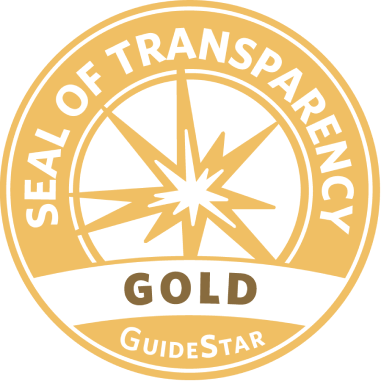Trauma is a universal experience that transcends borders, yet its manifestations and healing processes are deeply influenced by cultural, social, and historical contexts. In countries like Iran and Afghanistan, where individuals have faced decades of political instability, war, displacement, and gender-based violence, the prevalence of trauma is profound. Systemic gender apartheid further entrenches cycles of oppression, limiting women’s rights and freedoms. At the Omid Foundation, we recognize the importance of addressing trauma through culturally sensitive approaches and community based solutions that honor local traditions while actively dismantling systems of gender-based oppression and advocating for equality and justice.
Understanding the Context of Trauma in Iran and Afghanistan
Iran and Afghanistan have complex histories marked by political upheavals, wars, and socio-economic struggles. For many women in these regions, trauma is not only a result of external conflicts but also deeply rooted in societal pressure, gender apartheid, intergenerational trauma, stigma, legal restrictions, limited resources and systemic gender-based violence.
- War and Displacement: Afghanistan’s prolonged conflict and Iran’s regional instability have led to widespread displacement and psychological distress.
- Gender Apartheid and Violence: Legal and societal structures perpetuate discrimination and violence against women, including child marriage, honor-based violence, and restricted access to education and healthcare.
- Mental Health Stigma: Seeking mental health support is often stigmatized, making recovery more challenging.
Omid Foundation’s Role in Dismantling Gender-Based Oppression and Trauma Healing
At the Omid Foundation, we bridge cultural traditions with modern healing practices to create comprehensive support for women and girls in Iran and Afghanistan. Our work directly challenges systemic gender apartheid and advocates for the end of gender-based violence and oppression.
- Integrating Traditional and Modern Healing Practices
We blend traditional methods—such as storytelling, poetry, and spiritual practices—with trauma-informed therapies to create relatable and effective healing experiences that empower women to reclaim their narratives. - Culturally Adapted Therapy
Therapeutic approaches like Cognitive Behavioral Therapy (CBT) are adapted to reflect cultural values, incorporating familiar elements like poetry and spirituality to build trust and engagement while confronting the internalized effects of systemic oppression. - Community-Centered Healing Spaces
Our safe spaces foster community support, where women gather for group discussions, emotional support, and empowerment workshops. These gatherings mirror traditional women’s circles, making healing more accessible and challenging societal norms that isolate women. - Empowerment Through Skill-Building
We provide vocational training, life skills workshops, and educational programs that empower women economically and socially, reinforcing their resilience and equipping them to break free from cycles of gender-based oppression. - Advocacy Against Gender Apartheid
Beyond direct support, Omid actively advocates for systemic change by raising awareness about gender apartheid and mobilizing international support to end gender-based discrimination and violence in Iran and Afghanistan. - Addressing Stigma with Awareness Campaigns
Through culturally relevant outreach, we challenge stigmas surrounding mental health and gender roles, encouraging open dialogue and normalizing support-seeking behavior while confronting oppressive norms.
Moving Forward
By integrating cultural practices with modern mental health strategies, the Omid Foundation creates a path to holistic recovery while actively dismantling systems of gender apartheid and oppression. We are committed to fostering environments where women can heal, grow, and reclaim their lives. Through advocacy, education, and empowerment, we challenge the structures that perpetuate gender inequality and violence.
Together, we can build a future where every woman in Iran and Afghanistan has access to the care, freedom, and empowerment she deserves.
For more information about our programs or to support our mission, visit the Omid Foundation website.

